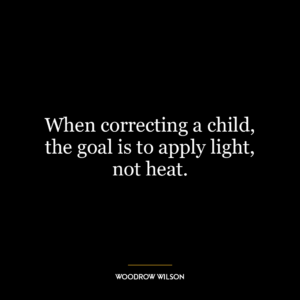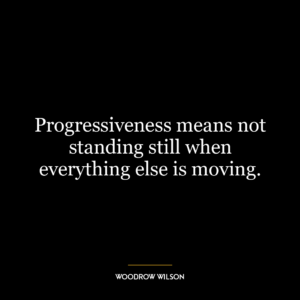Whate’er my doom; It cannot be unhappy: God hath given me The boon of resignation.
This quote is a reflection of resilience and acceptance, particularly in the face of adversity or uncertainty. The speaker is expressing a sense of peace regardless of what fate may bring, as they have been gifted with the ability to resign themselves to whatever comes. This is not to be confused with defeat or despair, but rather a profound understanding that some things are beyond our control, and it’s in accepting this truth where we find peace.
In the context of personal development, this can be seen as the practice of acceptance and surrender. Often, we spend so much energy resisting what is, trying to control the uncontrollable, that we cause ourselves unnecessary stress and suffering. By accepting things as they are, we free ourselves from the burden of needing things to be different. This doesn’t mean we don’t strive for improvement or change, but we do so from a place of peace rather than frustration or desperation.
In today’s world, this idea is perhaps more relevant than ever. We live in a time of great change and uncertainty, where many things are beyond our control. Whether it’s the global pandemic, political upheaval, or personal challenges, there are many things that can cause us stress and anxiety. But by practicing resignation, not in the sense of giving up, but in accepting what is, we can find peace amidst the chaos. This doesn’t mean we become passive or apathetic, but rather that we engage with the world from a place of acceptance and peace, rather than fear and resistance.
In a nutshell, the quote speaks to the power of acceptance and the peace that comes from surrendering to what is. It’s about finding happiness not in the absence of challenges, but in our ability to meet them with grace and resilience.















